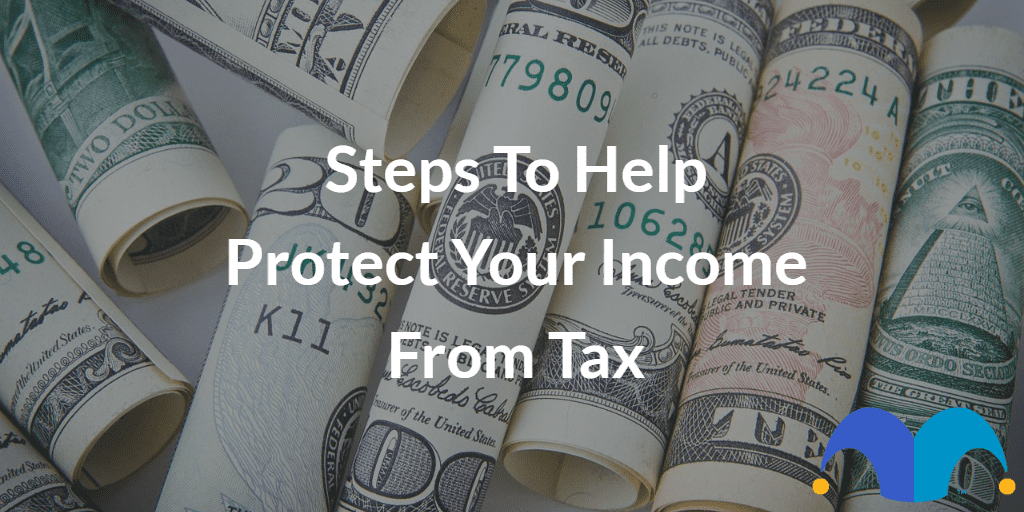As the famous aphorism goes, only two things are certain in life: death and taxes. Now, while most of us are happy to pay our fair share of tax, we can’t afford to pay over the odds. After all, we work too hard for our money. Luckily, there are steps you can take to protect your income from tax.
Just how much income tax do we pay?
According to Sarah Coles, personal finance analyst at Hargreaves Lansdown, the national income tax bill for the 2021/2022 tax year is expected to hit £199 billion.
That’s £12 billion more than the amount collected in 2018/2019 (£187 billion) and twice that collected in 1999/2000 (£93 billion) according to recently released stats from HMRC on income tax liabilities.
According to Coles, the national income tax bill could rise even further in the future: “We’ve had a few years of more positive news for higher earners because the personal allowance has been rising gradually, and we’ve seen a bump in the higher rate tax threshold too, so the proportion of people paying higher rate tax has dropped.
“Unfortunately, things are set to get far grimmer for the next few years. The freeze in the personal allowance and higher rate tax threshold means more people will pay more tax, and the number of higher rate taxpayers will grow again.”
How can you protect your income from tax?
While nobody wants to cheat the tax system, we can make tax work for us by taking advantage of legitimate ways to minimise our bills.
Let’s take a look at four ways to protect your income from tax that Coles thinks are worth considering.
1. Put money into an ISA
Individual Saving Accounts, or ISAs, let you make tax-free savings and investments. There are many types of ISAs, including cash ISAs, stocks and shares ISAs and Lifetime ISAs.
Apart from their tax-free status, some ISAs have other added benefits.
For example, if you are saving to buy your first property, Coles recommends that you consider a Lifetime ISA. In addition to tax-free growth, you will receive a 25% government bonus on your contribution every year.
2. Save into a pension
When you save into a pension, the government gives you a top-up to encourage you to save for your future.
The top-up comes in the form of tax relief. The relief is available in your pension contribution at the highest rate of income tax that you pay.
So if you are a basic rate tax-payer, you will get 20% pension tax relief. Even non-taxpayers get relief on the first £3,600 that they put into their pension every year.
What’s more, the first 25% that you take from a pension is usually tax free.
3. Salary sacrifice
As Coles explains, “In some cases, the government will let you give up a portion of your salary, and spend it on certain things free of tax (and in some cases, National Insurance). This includes pensions, childcare vouchers, bike-to-work schemes and technology schemes.”
4. Spouse exemption
To protect your income from tax, you can also take advantage of the spouse exemption. This essentially allows assets that generate an income to be transferred between spouses without incurring a tax bill.
According to Coles, the assets can therefore be shared between a couple so that both take advantage of their allowances. Se explains: “The balance can be held by the spouse paying the lower rate of tax, to reduce the tax payable.”
What help is available?
If you are unsure of the amount of tax you owe, the government has a tool on the gov.uk website that you can use to estimate your income tax bill for the current year. The tool will tell you your take-home pay if you do not have any other deductions, such as pension contributions or student loans.
If you need help with a tax problem, you can seek advice and information from tax charities such as TaxAid and Tax Help for Older People.
Please note that tax treatment depends on the individual circumstances of each client and may be subject to change in future. The content in this article is provided for information purposes only. It is not intended to be, neither does is constitute, any form of tax advice. Readers are responsible for carrying out their own due diligence and for obtaining professional advice before making any investment decisions.
